ー CAPABLE PROFESSIONALS ー
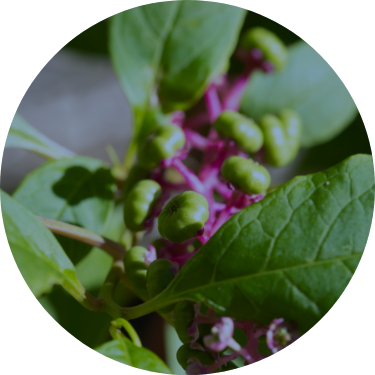

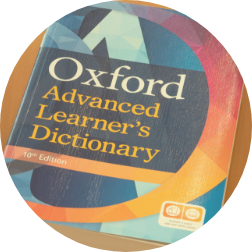
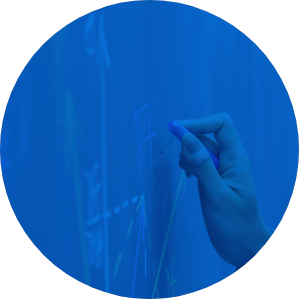
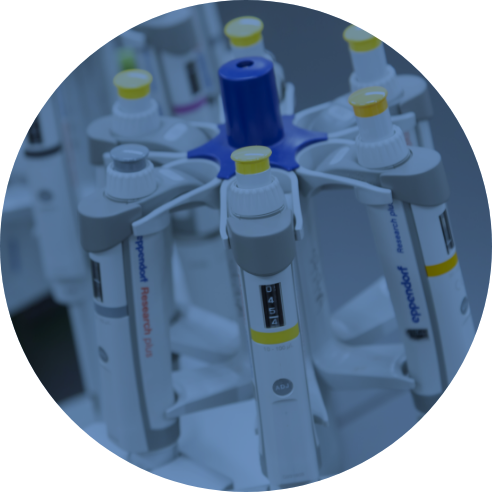



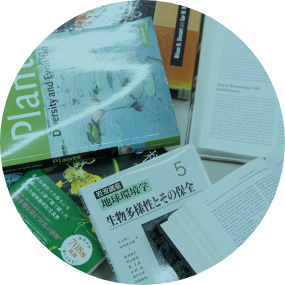
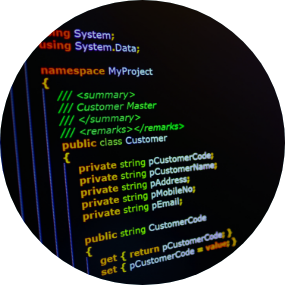

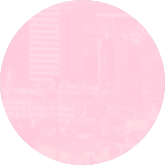

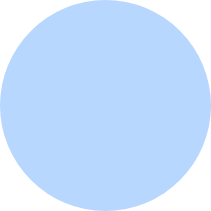
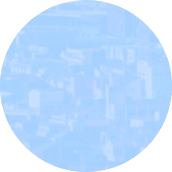
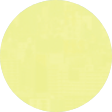
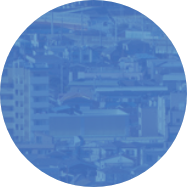
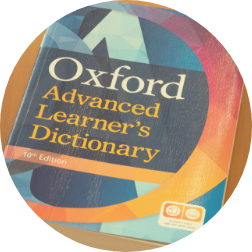





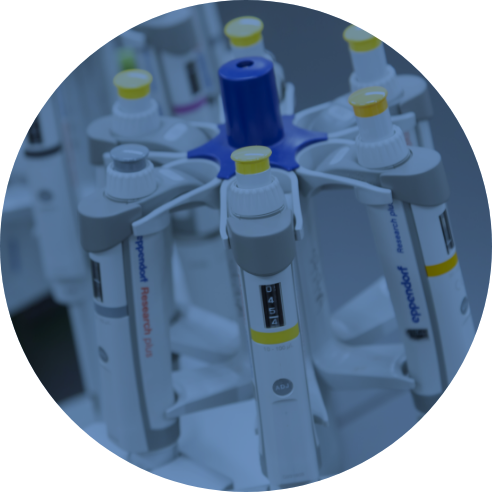

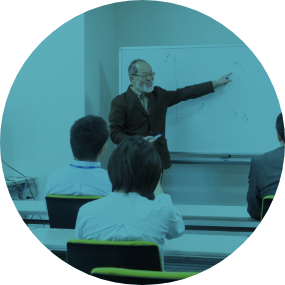
Educational Philosophy of the Center for Liberal Arts and Sciences
In order to succeed as a member of society and as an engineer, one must have the ability to respond quickly and accurately to changes in society and to the rapid progress of science and technology, as well as the ability to see things from a broader perspective and to discern the true nature of an issue. The Center for Liberal Arts and Sciences aims to nurture students' basic ability to respond flexibly through courses in a variety of fields, while at the same time cultivating broad perspectives, deep insight, and a rich sense of humanity in students.
Learning and Educational Goals in the Center for Liberal Arts and Sciences
- Deepen understanding of humans, culture, society, and the environment.
- Develop the ability to see things from various angles and think freely and proactively.
- Acquire a basic knowledge and solid understanding of mathematics and natural sciences.
- As an engineer, learn basic techniques to conduct experiments and summarize the results.
- Acquire the ability to think logically and solve problems based on that ability.
- Develop the ability to communicate in Japanese and foreign languages.
- Understand different cultures and ways of thinking, and thereby cultivate the ability to discover cultural universality and individuality.
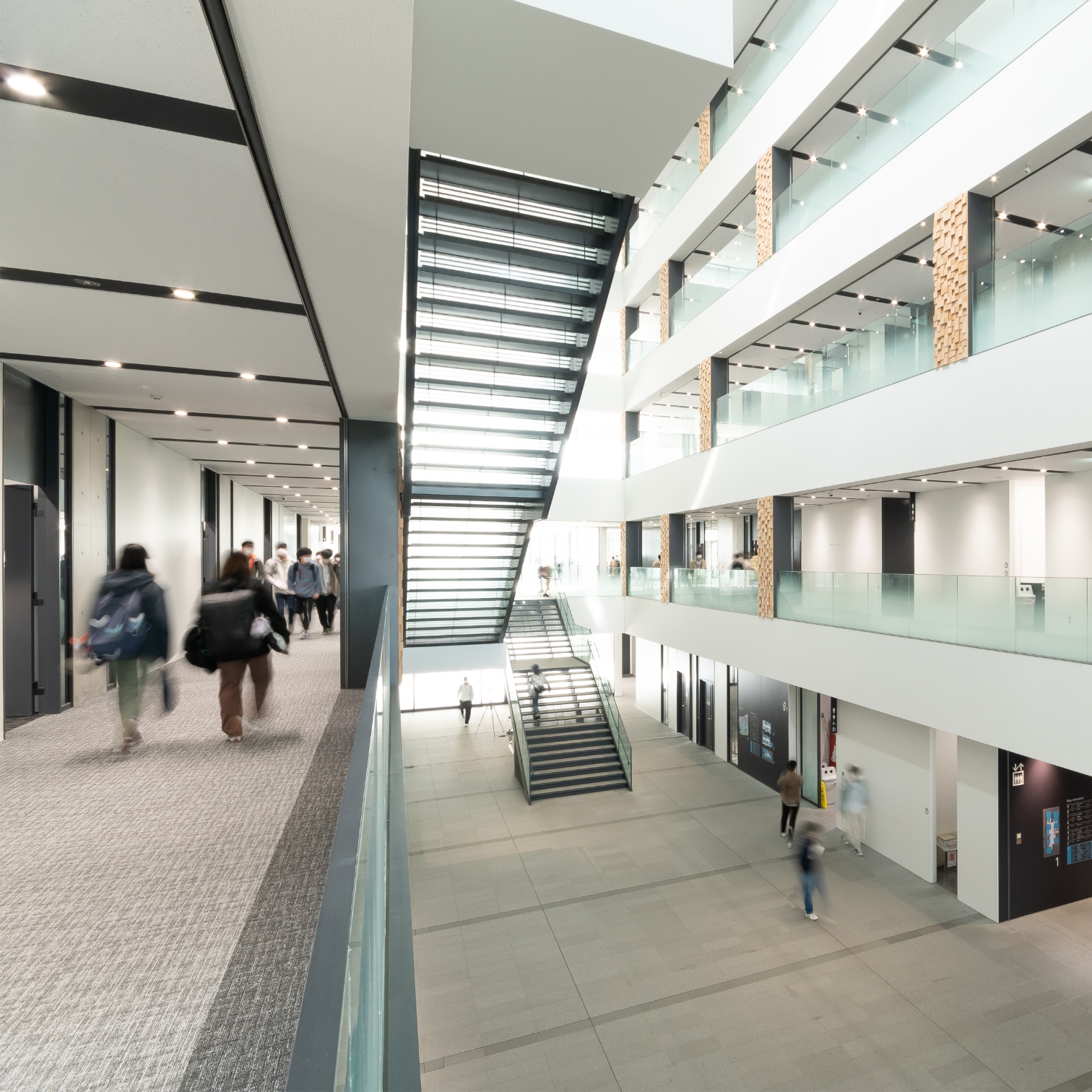

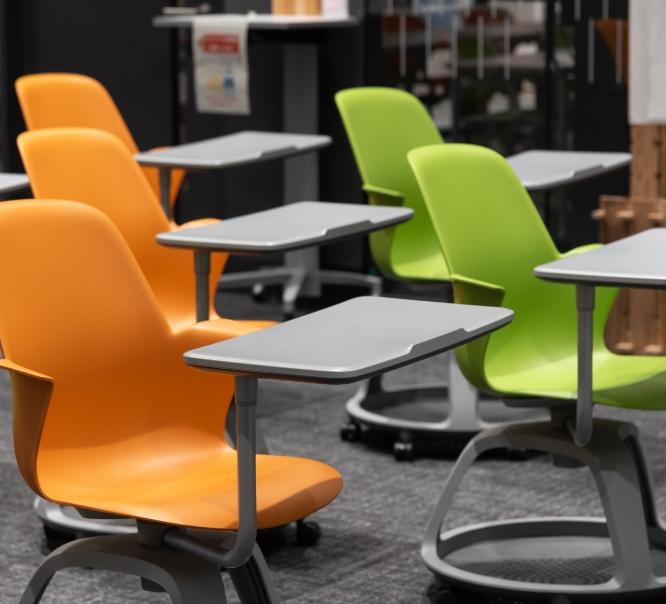
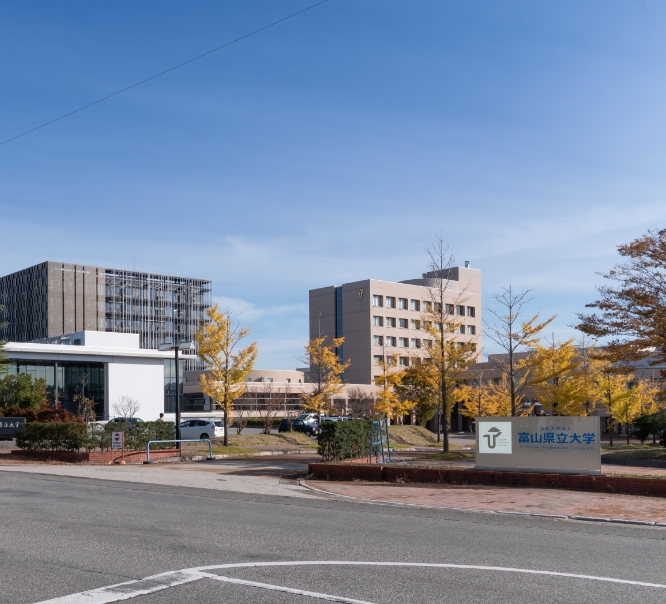




Greetings from the Director of the Center for Liberal Arts and Sciences
What is the purpose of a liberal arts education? It is difficult to sum up in a few words, but I believe it is "to cultivate a rich sense of humanity”. It was said by one of our predecessors that education is to provide nourishment to the mind. Nourishment for the mind is correct knowledge about various matters. Our faculty members do not merely follow textbooks, but are actively engaged in research in their respective fields of expertise, and pass on living knowledge – rooted in their research activities – to the students day after day. We aim to nurture the richness of humanity in our students through this kind of "living liberal arts education". We welcome this opportunity to inform you about our educational and research activities through this website.
Yoshitaka Hirano


